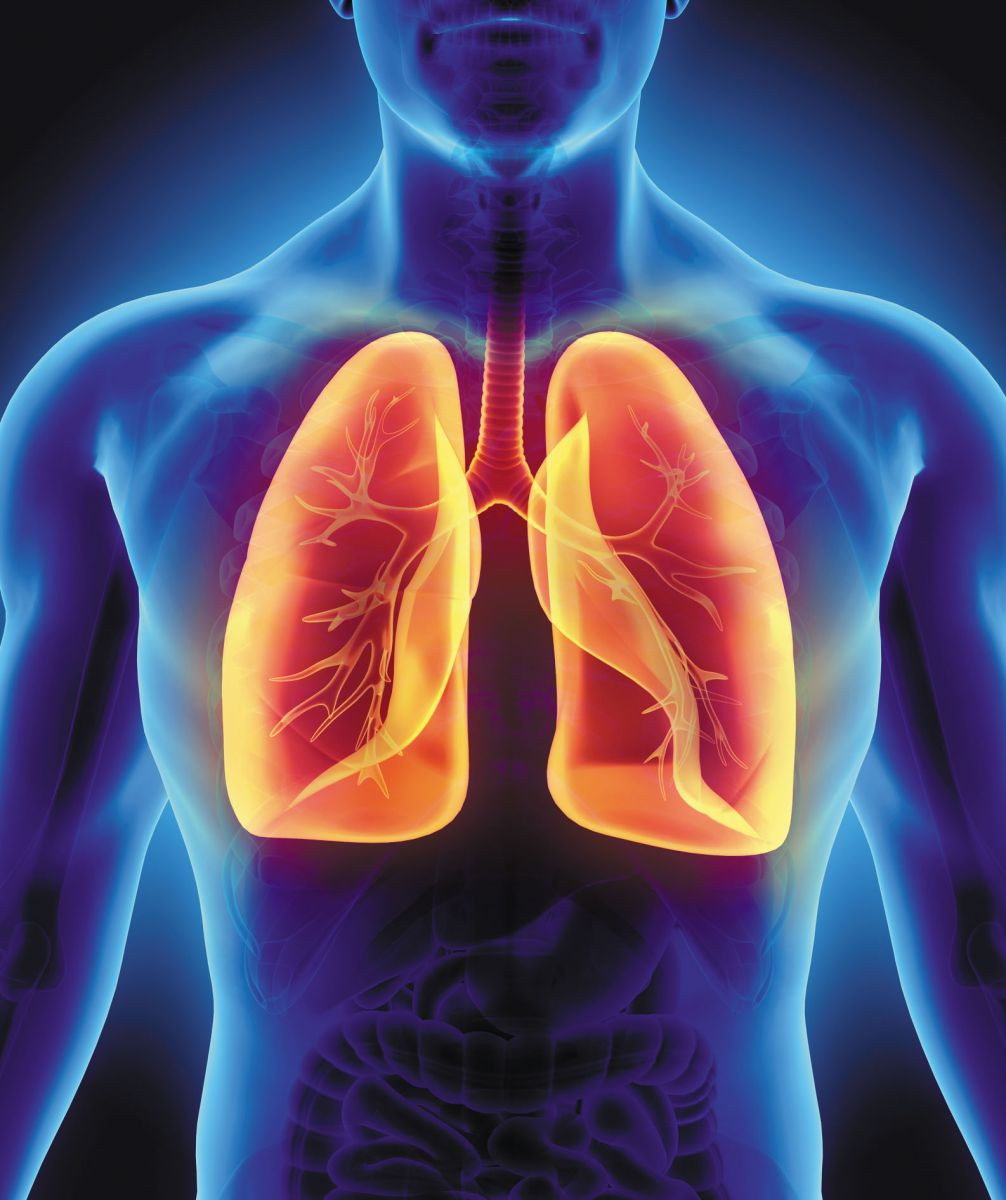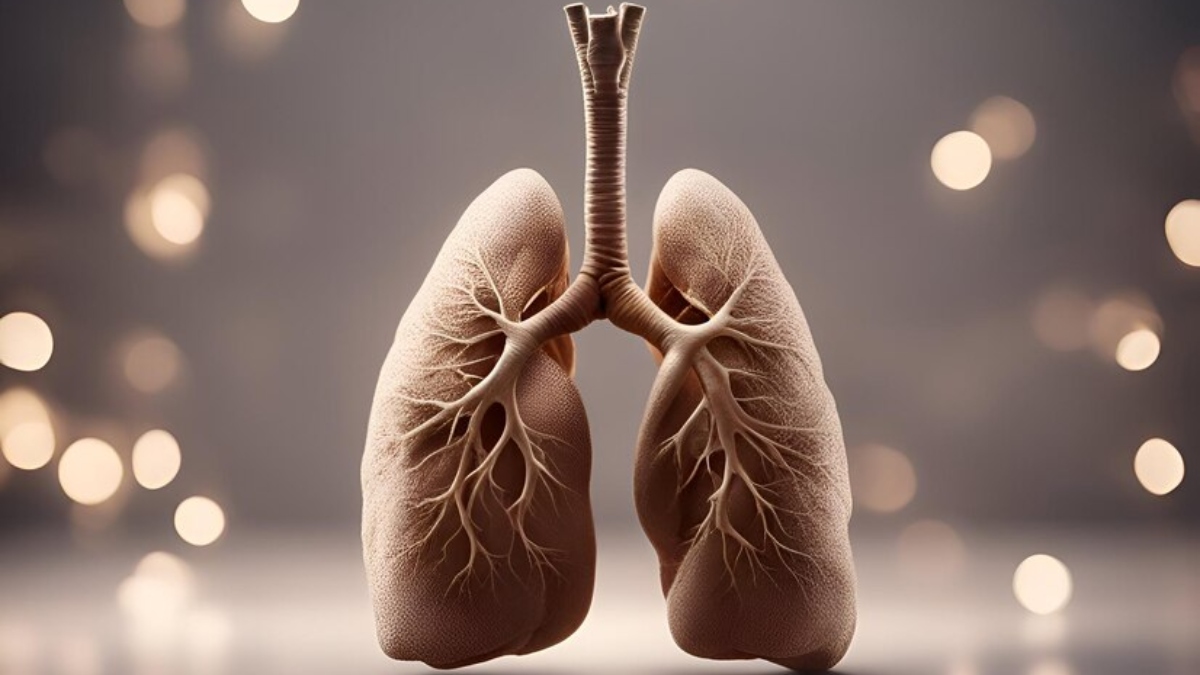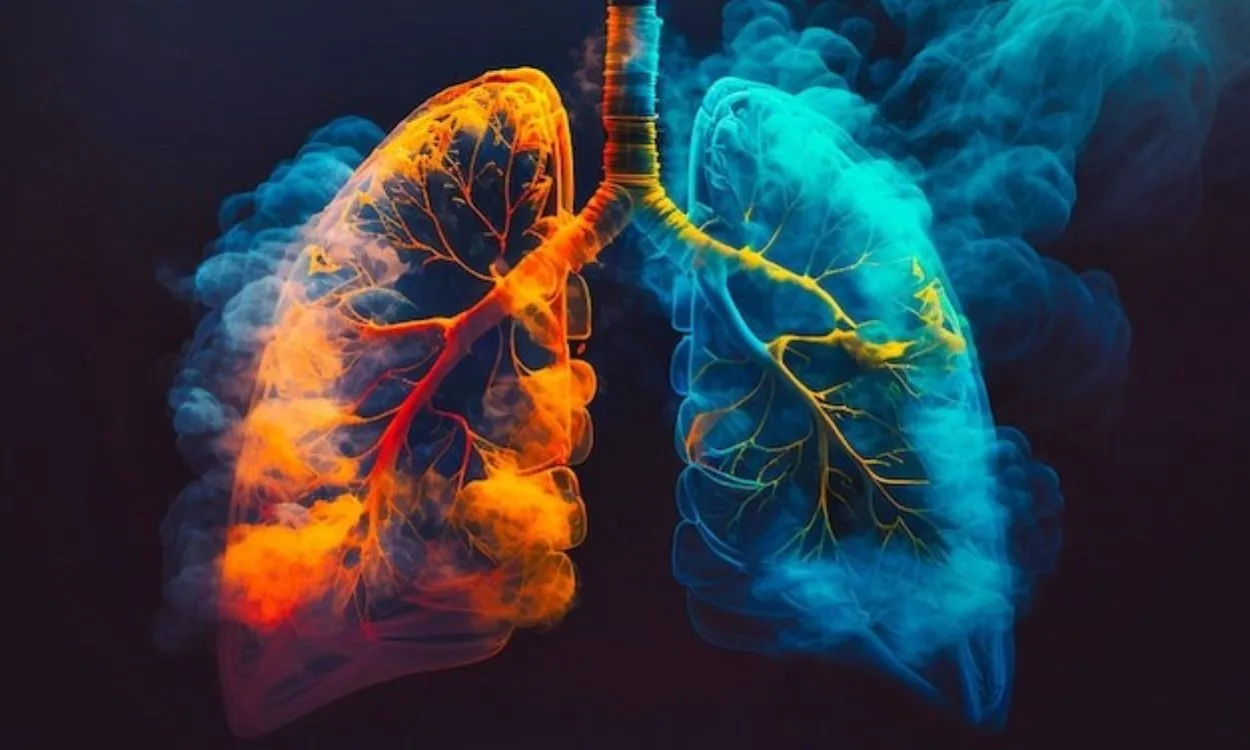
Maintaining healthy lungs is crucial for overall health and well-being. Our lungs play a vital role in our respiratory system, helping us breathe and supplying oxygen to our bloodstream while removing carbon dioxide. In today’s world, where pollution and unhealthy lifestyles can contribute to respiratory issues, taking proactive steps to promote lung health is more important than ever. Whether you’re a fitness enthusiast, someone dealing with respiratory conditions, or simply looking to maintain your health, these essential tips for promoting lung health will guide you toward healthier respiratory function. Let’s dive in and explore how you can keep your lungs in top condition.
1. Quit Smoking
Quitting smoking is not just a lifestyle choice; it’s a critical decision for your lung health. Smoking damages the airways and small air sacs in your lungs, leading to a range of respiratory issues, from COPD to lung cancer. Nicotine addiction can make quitting challenging, but the benefits for your lung health begin almost immediately after you stop. Within just 24 hours of quitting, your lung function begins to improve, and your risk for heart disease starts to drop. Utilize resources like quitlines, support groups, and cessation programs that offer personalized plans to help you quit. Remember, it’s never too late to quit, and doing so can significantly improve not only your lung health but your overall quality of life.

2. Educate Yourself on Lung Health Risks
Knowledge is power when it comes to lung health. Being informed about the risks associated with certain environments or materials can significantly reduce your risk of developing lung diseases. For instance, understanding the dangers of asbestos exposure is critical for preventing mesothelioma, a type of lung cancer. Resources like mesotheliomahope.com provide valuable information on such risks and preventive measures. Educating yourself and staying informed about lung health risks enables you to make safer choices in both your personal and professional life.
3. Avoid Exposure to Pollutants
Our lungs are constantly exposed to harmful pollutants, both outdoors and indoors. Outdoor air pollution from vehicles, industrial processes, and even natural sources like wildfires can have a profound effect on lung health. Indoors, pollutants such as radon, mold, and chemicals from household cleaners can also pose risks. To protect your lungs, stay informed about the air quality in your area and take precautions on days when pollution levels are high. Consider investing in air purifiers, especially if you live in high-traffic areas, and opt for natural, non-toxic cleaning products to minimize indoor pollution.
4. Practice Good Hygiene
Good hygiene practices are essential for preventing respiratory infections that can damage the lungs. Simple actions like washing your hands with soap and water can drastically reduce your risk of catching or spreading viruses and bacteria. During flu season or outbreaks of respiratory illnesses, consider wearing a mask in crowded places to further reduce your risk. Vaccinations play a crucial role in lung health by preventing infections like the flu and pneumonia, which can be particularly severe for people with pre-existing lung conditions.
5. Exercise Regularly
Regular exercise not only improves cardiovascular health but also enhances lung function. When you engage in physical activity, your lungs work harder to meet the increased demand for oxygen, which, over time, can strengthen your respiratory muscles and improve lung capacity. This is particularly beneficial for people with chronic lung conditions, as exercise can help improve endurance and reduce symptoms. Choose activities you enjoy and gradually increase the intensity to ensure a sustainable and beneficial exercise regimen.

6. Eat a Healthy Diet
A diet rich in antioxidants can protect your lungs from damage and support their function. Foods like apples, berries, tomatoes, and green leafy vegetables are packed with vitamins and antioxidants that can help reduce inflammation in the lungs and protect against disease. Omega-3 fatty acids, found in fish like salmon and sardines, have been shown to benefit those with chronic lung conditions by reducing inflammation. A balanced diet supports overall health, which in turn helps your lungs operate efficiently and effectively.
7. Stay Hydrated
The importance of hydration to lung health cannot be overstated. Water plays a crucial role in maintaining the optimal function of the respiratory system. Adequate hydration keeps the mucosal linings in the lungs thin, facilitating easier breathing and helping the lungs to better clear out mucus and pathogens that can lead to infections. Especially in dry or polluted environments, staying hydrated can prevent the airways from becoming dry and irritated, which can exacerbate respiratory conditions. Incorporate water-rich foods into your diet, such as cucumbers and melons, and carry a water bottle with you to ensure you meet your daily hydration needs.
8. Practice Deep Breathing Exercises
Deep breathing exercises are a simple yet effective way to enhance lung capacity and efficiency. Techniques like diaphragmatic breathing encourage full oxygen exchange and can be particularly beneficial for people with chronic respiratory conditions by helping to decrease the effort required to breathe and the feeling of shortness of breath. These exercises can also promote relaxation and stress reduction, further benefiting overall health. Incorporating just a few minutes of deep breathing into your daily routine can make a significant difference in lung function and well-being.

9. Monitor Air Quality
Air quality has a direct impact on lung health. Poor air quality due to pollutants such as ozone and fine particulate matter can trigger respiratory symptoms in individuals with and without pre-existing lung conditions. By staying informed about local air quality forecasts, particularly if you live in or near urban centers, you can take proactive steps to minimize exposure on days when pollution levels are high. Limit outdoor activities during times of poor air quality and consider the use of air purifiers indoors to reduce exposure to indoor pollutants.
10. Seek Regular Healthcare
Regular check-ups with a healthcare provider can play a pivotal role in maintaining lung health. These visits allow for the monitoring of lung function and the early detection of potential respiratory issues. For individuals at risk of or currently managing lung conditions, healthcare providers can offer personalized advice and treatment plans to manage symptoms and prevent complications. Don’t hesitate to seek medical advice if you experience persistent coughing, shortness of breath, or other respiratory symptoms.
11. Improve Indoor Air Quality
Improving indoor air quality is key to promoting lung health. Simple measures, such as ensuring proper ventilation, using exhaust fans to remove contaminants, and keeping the living environment clean by regularly dusting and vacuuming, can significantly reduce indoor air pollutants. Additionally, consider the use of indoor plants that can help purify the air, and be mindful of the use of chemical-laden products that may release harmful substances into your home environment. Creating a clean and healthy indoor space can greatly benefit your respiratory system and overall health.
Conclusion
By following these essential tips, you can take significant steps toward promoting lung health and ensuring that your respiratory system remains strong and efficient. Remember, your lungs are vital to your body’s ability to function, so taking care of them is not just about avoiding illness—it’s about enhancing your quality of life. Whether it’s by quitting smoking, staying active, or being mindful of the air quality around you, each step you take is a move towards healthier lungs and a healthier you.




